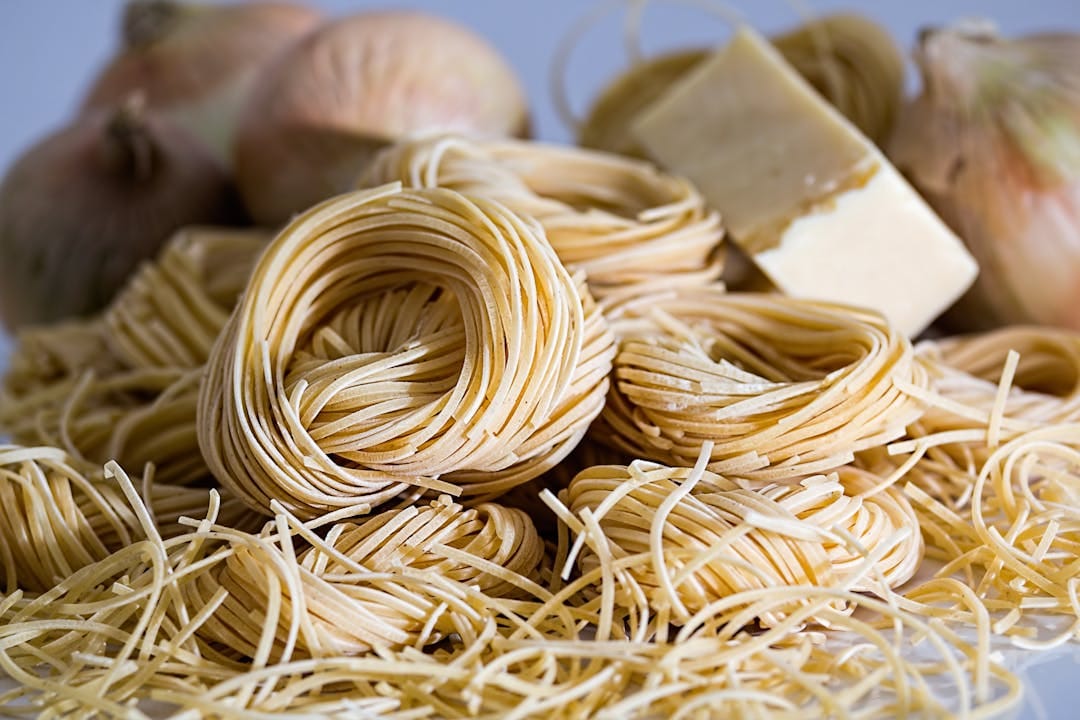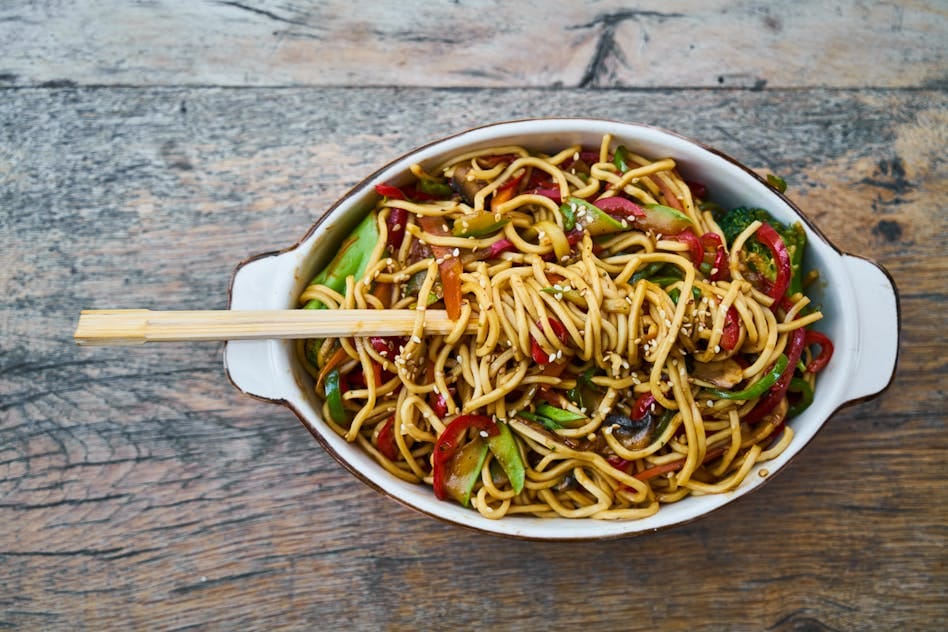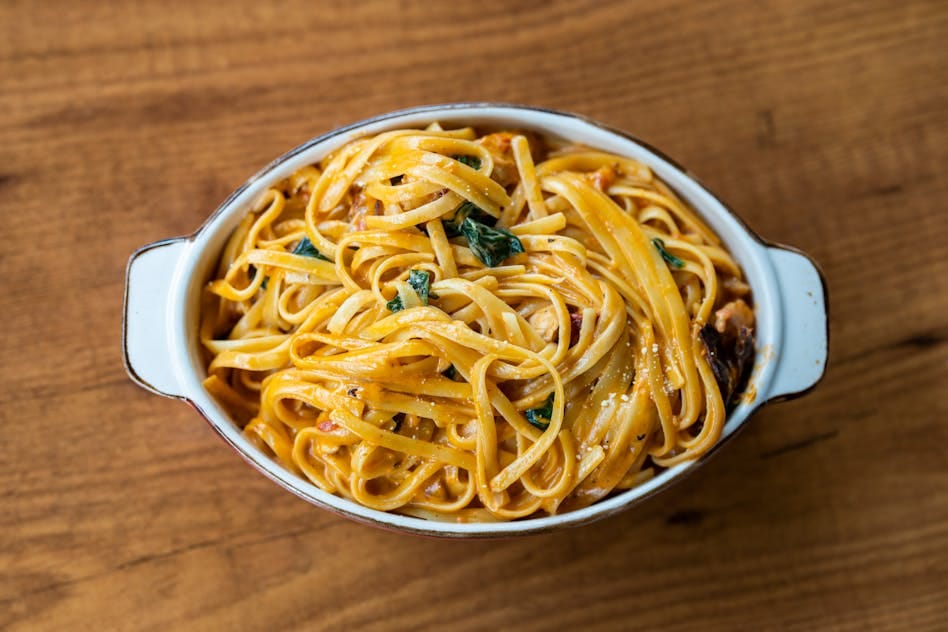Mastering the Art of Hygienic Noodle Cooking: Tips for Safe and Delicious Meals
From proper food handling techniques to sanitation practices in the kitchen, mastering the art of hygienic noodle cooking is key to enjoying wholesome and satisfying meals.

Introduction: The Importance of Hygiene in Noodle Cooking
Cooking noodles is a culinary art enjoyed by people around the world, but ensuring that they are prepared in a hygienic manner is essential for maintaining food safety and preventing illness. In this blog, we'll explore the importance of hygiene in noodle cooking and provide practical tips for ensuring that your noodle dishes are both safe and delicious. From proper food handling techniques to sanitation practices in the kitchen, mastering the art of hygienic noodle cooking is key to enjoying wholesome and satisfying meals.
Choose High-Quality Ingredients: The Foundation of Safe Cooking
The first step in cooking noodles hygienically is to start with high-quality ingredients that are fresh, clean, and free from contaminants. Opt for fresh noodles or packaged noodles from reputable brands that adhere to strict food safety standards. Check the expiration date and inspect the packaging for any signs of damage or tampering before use. Additionally, wash fresh vegetables and herbs thoroughly to remove any dirt, pesticides, or bacteria before incorporating them into your noodle dishes.

Clean and Sanitize Cooking Utensils: Preventing Cross-Contamination
Before you begin cooking, it's essential to clean and sanitize all cooking utensils, cutting boards, and countertops to prevent cross-contamination and the spread of harmful bacteria. Wash utensils and surfaces with hot, soapy water and rinse thoroughly before use. Use separate cutting boards and utensils for raw meats, vegetables, and cooked foods to avoid the risk of contamination. Additionally, sanitize surfaces with a mixture of bleach and water or a food-safe disinfectant to kill any remaining bacteria.
Practice Proper Food Handling Techniques: Minimizing the Risk of Contamination
When handling noodles and other ingredients, it's important to practice proper food handling techniques to minimize the risk of contamination. Wash your hands thoroughly with soap and water before and after handling food, especially raw meats and seafood. Avoid touching your face, hair, or other surfaces while cooking to prevent the transfer of bacteria. Use clean utensils and avoid using your hands to mix or serve food whenever possible to reduce the risk of cross-contamination.
Cook Noodles to the Correct Temperature: Ensuring Safe Consumption
To ensure that noodles are safe to eat, it's crucial to cook them to the correct temperature and for the appropriate amount of time. Follow the cooking instructions on the noodle packaging or recipe to ensure that noodles are cooked thoroughly and evenly. Use a food thermometer to check the internal temperature of noodles, ensuring that they reach at least 165°F (74°C) to kill any harmful bacteria. Avoid overcooking noodles, as this can result in a mushy texture and compromised flavor.
Serve Noodles Immediately: Minimizing the Risk of Foodborne Illness
Once noodles are cooked, it's important to serve them immediately to minimize the risk of foodborne illness. Avoid leaving cooked noodles sitting at room temperature for extended periods, as this can promote the growth of bacteria and increase the risk of contamination. If noodles need to be stored for later use, cool them quickly in the refrigerator and store them in airtight containers to maintain freshness and prevent bacterial growth.

Conclusion: Enjoying Safe and Delicious Noodle Dishes
In conclusion, cooking noodles in a hygienic way is essential for ensuring safe and delicious meals that can be enjoyed with peace of mind. By starting with high-quality ingredients, practicing proper food handling techniques, cooking noodles to the correct temperature, and serving them immediately, you can minimize the risk of foodborne illness and create wholesome noodle dishes that delight the senses. With these tips in mind, you can master the art of hygienic noodle cooking and savor the delicious flavors of homemade noodle dishes with confidence.